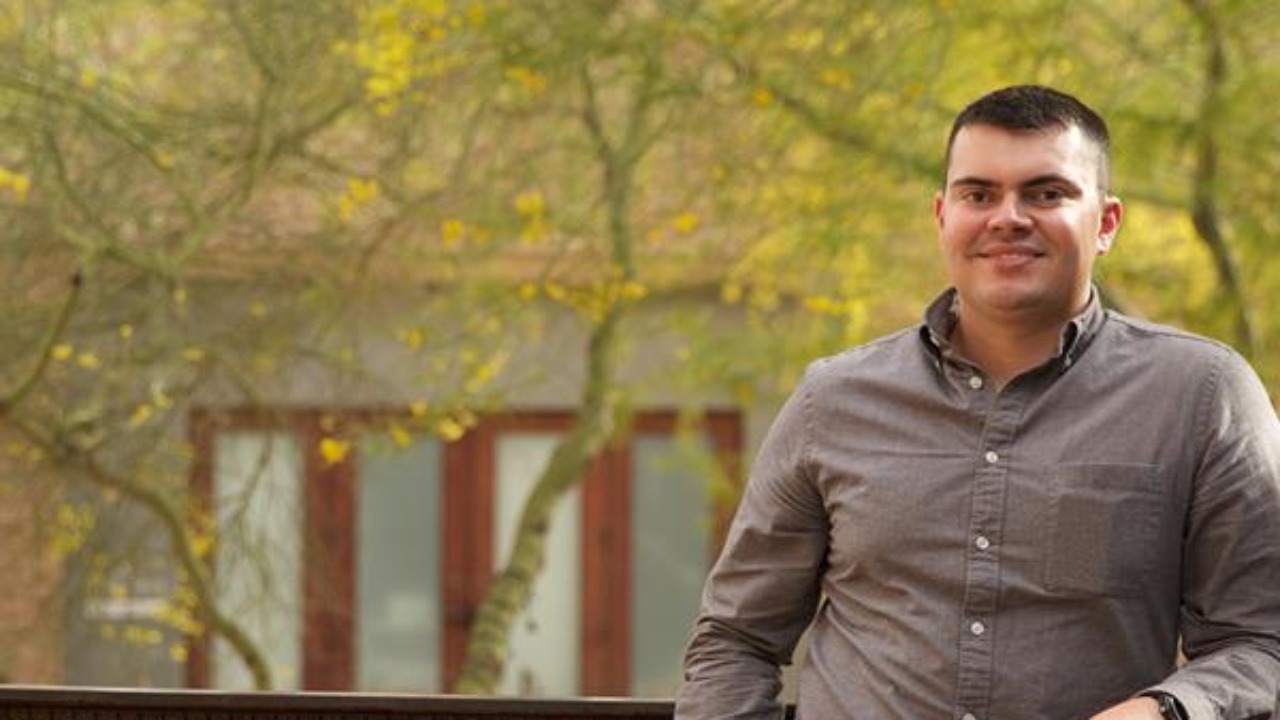Big Win for Free Speech on California State Campuses—Thanks to This Student’s Lawsuit

Close to half a million students attend a school within the California State University (CSU) system. It is the largest public university system in the country.
So when free speech is protected anywhere in the CSU system, it’s great news for a lot of students.
And today, there is some great news out of California State University–San Marcos!
In response to an Alliance Defending Freedom (ADF) lawsuit and the resulting court order, CSU–San Marcos has agreed to revise a campus policy that allowed university officials to allocate student funding unequally, and favor some student groups over others. Additionally, the Chancellor has ordered all 23 other campuses in the university to modify their policies to require viewpoint neutral allocation of student fees, and CSU–San Marcos will also pay over $240,000 in damages and attorney’s fees.
This system-wide change all started because one brave student was willing to stand up for his rights—and the rights of his peers.
In 2017, Nathan Apodaca, the president of the campus chapter of Students for Life, challenged the university’s funding policies. Nathan first noticed that the university distributed mandatory student activity funding unequally when Students for Life requested $500 to bring in a pro-life speaker and was denied.
When Nathan looked into this a little more, he found that the university had allocated nearly $300,000 of student fee funding to the Gender Equity Center and the LGBTQA Pride Center—in just one year! Yet, the university distributed less than $6,000 to all other 100 student groups combined. And each student group was limited to $500 per semester. In other words, the Gender Equity Center and LGBTQA Pride Center received 57 times more in student fees than all other 100 student groups combined.
That is unfair. And it is unconstitutional.
Every student pays into the mandatory student activity fund. In such a system, the First Amendment requires the university to make this funding available to all student groups regardless of viewpoints. Instead, the university’s policies allowed it to fund pro-abortion, pro-LGBT, and other views it favored while preventing a pro-life organization from accessing student funding.
Nathan knew this wasn’t right. And that’s why ADF filed a lawsuit on his behalf.
Creating a Marketplace of Ideas
Nathan’s victory means that students attending California State University schools are now protected by policies that prohibit their university from charging them mandatory student fees and then using those fees to promote certain viewpoints while silencing others.
Unfortunately, this is not the first time that officials in the California State University system have violated their students’ free speech rights.
In 2016, Ben Shapiro was invited to speak at California State University, Los Angeles (CSULA) by Young Americans for Freedom (YAF). Ironically, Shapiro was scheduled to speak about how speech is being censored on campus, which university officials tried to stop—first by charging a high security fee, then outright cancelling the event. YAF decided to move forward with the event anyway. But only some of the students made it safely into the room to listen. Some campus faculty members helped organize a mob to block people from attending the lecture, and administrators ordered the police not to interfere with that mob. Thankfully, in response to an ADF lawsuit, the university dropped several of its discriminatory speech policies and practices.
At San Francisco State University, the College Republicans group filed a lawsuit challenging a campus speech code that required students to “be civil” to one another, which was being used to silence certain viewpoints out of disagreement. In response to the lawsuit, the California State University system agreed to do away with the problematic restrictions on student speech.
At Fresno State University, students’ chalk messages were erased by a professor (and students he recruited from his class) who objected to their pro-life message. While erasing the messages, he proclaimed that “college campuses are not free speech areas.” Fresno State Students for Life filed a lawsuit to protect their free speech rights. Thankfully, the court issued an order forbidding this professor from interfering with the students’ expression and ordering him to pay almost $28,000 in damages and attorneys’ fees and to attend First Amendment training.
Fortunately, students across the California State University system will be able to more fully enjoy their First Amendment rights because students like Nathan were willing to take a stand. That means these students can learn how to interact with different ideas and opposing viewpoints peacefully.
This victory brings the California State campuses closer to being more of a marketplace of ideas, rather than assembly lines for one type of thought. And, thanks to many brave students, California State campuses now have to take steps toward making that a reality.